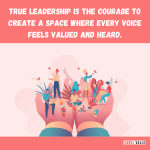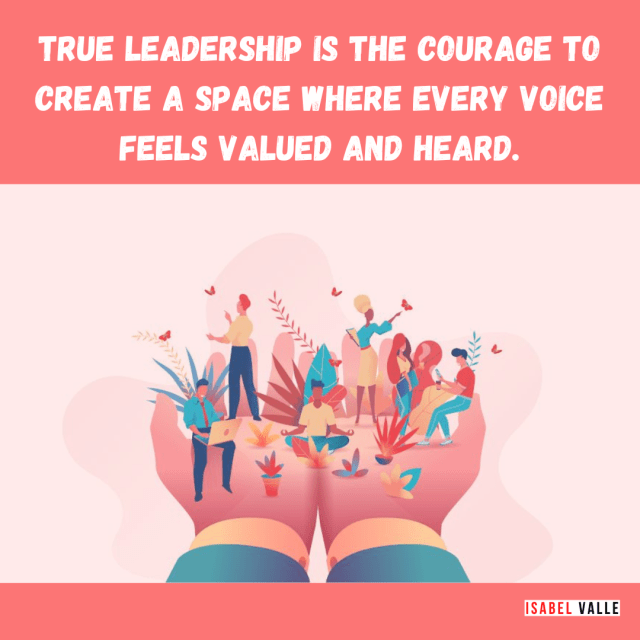
The speed of change today is unprecedented—and the future of work is evolving before our eyes.
Leaders who cling to old models of control and predictability risk being left behind.
The key to success? Agility.
Not just as a buzzword, but as a fundamental leadership mindset and skillset.
What Is Leadership Agility?
Leadership agility is the ability to:
-
Sense changes in the environment
-
Make swift, informed decisions
-
Mobilize teams to adapt and innovate
It requires emotional intelligence, strategic thinking, and an openness to learning.
Why Agility Matters Now More Than Ever
Global disruption—from technology to workforce demographics—demands agile leadership:
-
Remote and hybrid work models require flexibility
-
Rapid tech advancements require ongoing learning
-
Market volatility requires quick pivots
Agile leaders create cultures where change is embraced, not feared.
How to Build Agility as a Leader
1. Cultivate Curiosity
Ask questions. Seek diverse perspectives. Embrace new ideas.
2. Build Resilience
Develop emotional strength to manage uncertainty and setbacks.
3. Empower Your Team
Trust your people to make decisions and experiment.
4. Practice Iteration
Adopt a mindset of continuous improvement and learning from failure.
The Role of Agility in High-Performing Teams
Agile leaders foster teams that:
-
Communicate openly and adapt quickly
-
Experiment and innovate fearlessly
-
Learn together through reflection and feedback
This creates a competitive edge in a volatile marketplace.
Over to you now. Reflect on the following:
-
How agile are you in responding to unexpected challenges?
-
What’s one leadership habit you can develop to increase your adaptability?
-
How can you create a culture that celebrates change and learning?
The future belongs to agile leaders.
Start today by choosing curiosity over certainty—and watch your leadership soar.
To your success,
Isabel
What if one powerful question a day could transform your leadership?
Leadership isn’t about having all the answers—it’s about asking the right questions. LEAD365: Unlocking Leadership Excellence is your daily guide to becoming a more intentional, impactful, and self-aware leader. Packed with 365 thought-provoking questions, this book will challenge you to think deeper, lead smarter, and grow every day.
Who is this for? Whether you’re a seasoned executive, an emerging leader, or an entrepreneur, LEAD365 will push you beyond routine leadership and into breakthrough thinking. Make self-reflection your competitive advantage. Grab your copy today and start unlocking your leadership excellence—one question at a time.
📖 Available now on Amazon here.
Which lesson has impacted you the most? Drop it in the comments!
Isabel Valle is an award-winning Peak Performance Strategist and global leadership coach, dedicated to helping executives and business leaders achieve sustainable success. Through her acclaimed programs like Leadership Reimagined and Lead365, Isabel equips leaders with the tools to foster innovation, build high-performing teams, and thrive in a fast-evolving world. A sought-after speaker and author, Isabel blends data-driven insights with a human-centered approach to deliver transformative results. Learn more at www.isabelvalle.com.













